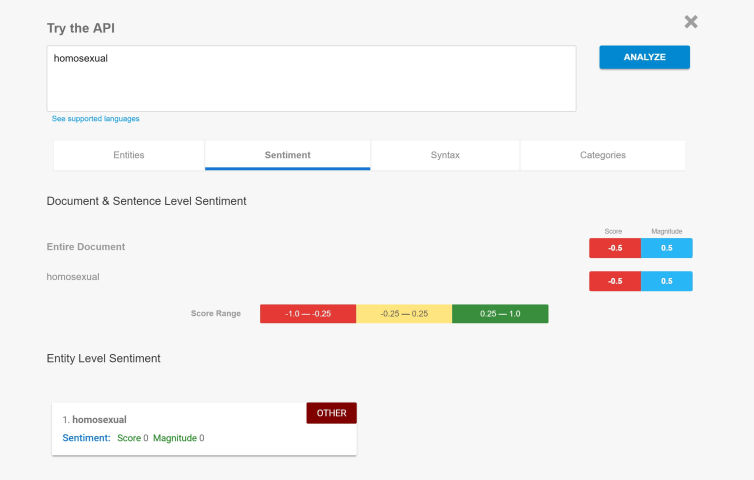Descripción: OpenAI's GPT-4o was found to have its Chinese token training data compromised by spam and pornographic phrases due to inadequate data cleaning. Tianle Cai, a Ph.D. student at Princeton University, identified that most of the longest Chinese tokens were irrelevant and inappropriate, primarily originating from spam and pornography websites. The polluted tokens could lead to hallucinations, poor performance, and potential misuse, undermining the chatbot's reliability and safety measures.
Entidades
Ver todas las entidadesAlleged: OpenAI developed an AI system deployed by OpenAI y GPT-4o, which harmed OpenAI , Chinese-speaking users of ChatGPT , Researchers y OpenAI users.
Estadísticas de incidentes
Risk Subdomain
A further 23 subdomains create an accessible and understandable classification of hazards and harms associated with AI
7.3. Lack of capability or robustness
Risk Domain
The Domain Taxonomy of AI Risks classifies risks into seven AI risk domains: (1) Discrimination & toxicity, (2) Privacy & security, (3) Misinformation, (4) Malicious actors & misuse, (5) Human-computer interaction, (6) Socioeconomic & environmental harms, and (7) AI system safety, failures & limitations.
- AI system safety, failures, and limitations
Entity
Which, if any, entity is presented as the main cause of the risk
Human
Timing
The stage in the AI lifecycle at which the risk is presented as occurring
Pre-deployment
Intent
Whether the risk is presented as occurring as an expected or unexpected outcome from pursuing a goal
Unintentional
Informes del Incidente
Cronología de Informes
Loading...

Soon after OpenAI released GPT-4o on Monday, May 13, some Chinese speakers started to notice that something seemed off about this newest version of the chatbot: the tokens it uses to parse text were full of spam and porn phrases.
On May 14,…
Variantes
Una "Variante" es un incidente de IA similar a un caso conocido—tiene los mismos causantes, daños y sistema de IA. En lugar de enumerarlo por separado, lo agrupamos bajo el primer incidente informado. A diferencia de otros incidentes, las variantes no necesitan haber sido informadas fuera de la AIID. Obtenga más información del trabajo de investigación.
¿Has visto algo similar?
Incidentes Similares
Did our AI mess up? Flag the unrelated incidents
Incidentes Similares
Did our AI mess up? Flag the unrelated incidents



